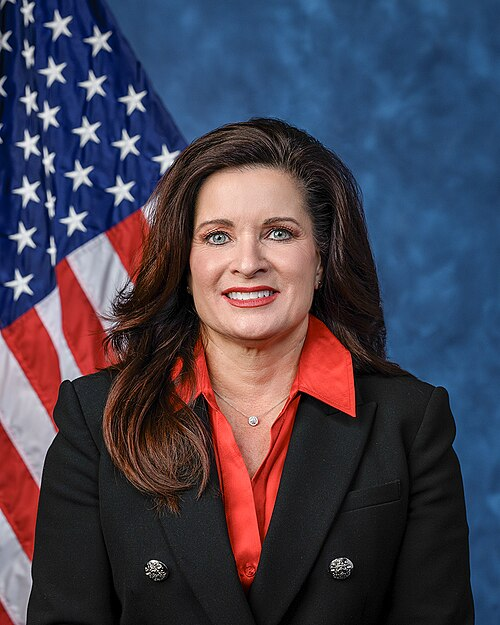S. 3069: Protecting Americans from Harmful CCP Products Act
This bill, titled the "Protecting Americans from Harmful CCP Products Act," aims to amend the Consumer Product Safety Act to enhance the ability of federal authorities to recall consumer products manufactured in China that are deemed hazardous. Here’s a breakdown of the key components:
Recall Authority
The bill allows the U.S. Consumer Product Safety Commission (CPSC) to order mandatory recalls of products from manufacturers or retailers located in the People’s Republic of China, including any of its Special Administrative Regions like Hong Kong and Macao. This can happen under certain conditions:
- The product must be found to present a substantial hazard to consumers.
- The recall can be enacted without needing the consent of the manufacturer or retailer.
- The manufacturer or retailer must not have provided timely or adequate information or response regarding the potential hazard when requested by the CPSC.
Presumption of Hazard
The bill establishes a "rebuttable presumption" that favors the CPSC's claim if it asserts that a product poses a substantial hazard. This means that if the CPSC believes a product is hazardous, it is presumed to be so unless proven otherwise by the manufacturer or retailer.
Notification Process
Before any mandatory recall takes effect, the CPSC is required to publish a notice on its website and inform all known distributors and platforms selling the product in the United States at least 30 days prior to the order's effective date. This aims to ensure that consumers and sellers are aware of potentially dangerous products.
Definition of Distributor
The bill modifies the definition of a "distributor" in the Consumer Product Safety Act. It clarifies that a distributor includes any person or entity that sells a consumer product for distribution in commerce, specifically focusing on:
- E-commerce platforms that are based in or primarily operate from China and facilitate sales of consumer products to American consumers.
Impact on E-commerce Platforms
This addition recognizes that certain online platforms, especially those headquartered in China, can be held accountable as distributors for products marketed to U.S. consumers, potentially increasing scrutiny and responsibility for these platforms.
Additional Notes
The bill is part of a broader focus on consumer safety and the potential risks associated with imported products, particularly from China, a country often scrutinized for quality control issues in consumer goods.
Relevant Companies
- BABA (Alibaba Group) - As a major e-commerce platform that facilitates the sale of consumer goods from manufacturers in China to U.S. consumers, Alibaba may see increased regulatory scrutiny and liability regarding the safety of products sold on its platform.
- TCEHY (Tencent Holdings) - Through its various e-commerce initiatives and partnerships, Tencent could also face implications should the bill lead to stricter enforcement of recalls and product safety standards.
- PDD (Pinduoduo Inc.) - This platform operates similarly to Alibaba, offering a marketplace for Chinese manufacturers to sell goods directly to U.S. consumers, thus potentially being impacted by increased regulatory measures under the bill.
This is an AI-generated summary of the bill text. There may be mistakes.
Sponsors
1 sponsor
Actions
2 actions
| Date | Action |
|---|---|
| Oct. 29, 2025 | Introduced in Senate |
| Oct. 29, 2025 | Read twice and referred to the Committee on Commerce, Science, and Transportation. |
Corporate Lobbying
0 companies lobbying
None found.
* Note that there can be significant delays in lobbying disclosures, and our data may be incomplete.








